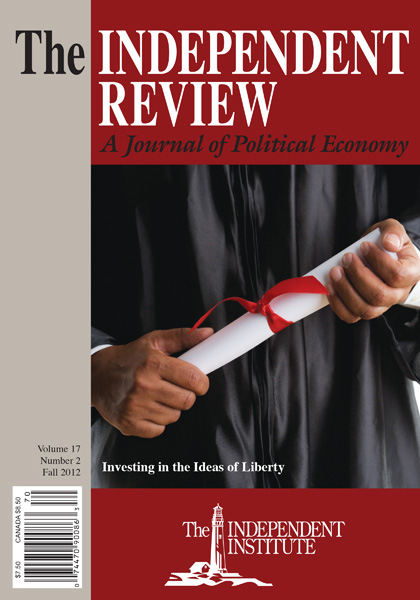Liberty-minded philanthropists have fostered a vibrant network of scholars and organizations engaged in advancing the ideals of a free society, but their efforts to reform colleges and universities across the United States have been much less successful. Whether they can promote liberty effectively by reforming academia is an issue that warrants greater study.
Article
During the past twenty years, fueled by a growing sense of crisis about the deterioration and politicization of university curricula, many donors inspired to renew the philosophic foundations of a free society have focused their philanthropy on efforts to encourage reform at colleges and universities across the nation. Donors have supported individual scholars, funded research, supported student organizations, encouraged specific curricular offerings, and established academic centers on campus in an effort to ensure that classical-liberal ideas—which encompass a commitment to the best traditions of a liberal arts education—are not lost.
These efforts have met with greater and lesser success (and more or less entrenched resistance), contingent on numerous factors, including the stature and quality of the personnel involved, the political climate at each campus, the strategic
clarity with which money has been invested, and the extent to which universities have respected donor intent. With significant philanthropic funding targeting higher education reform of some kind, it is pertinent to ask whether and how private giving to today’s institutions of higher education can strategically align with the task of rejuvenating the free society’s philosophic foundations.
| Other Independent Review articles by Lenore T. Ealy | |
| Fall 2022 | Civic Gifts: Voluntarism and the Making of the American Nation-State |
| Spring 2020 | The Third Pillar: How Markets and the State Leave the Community Behind |
| Spring 2019 | Exploring the Philanthropic Landscape: Introduction |









